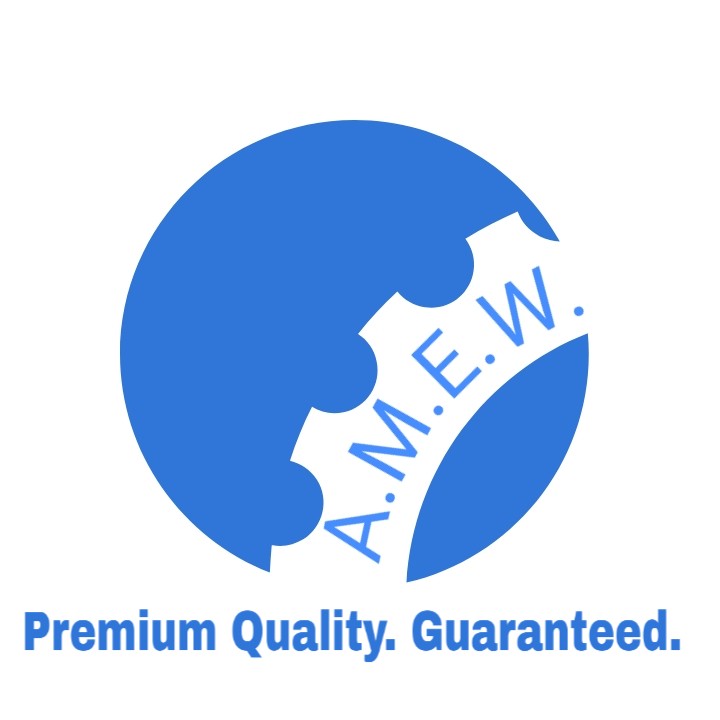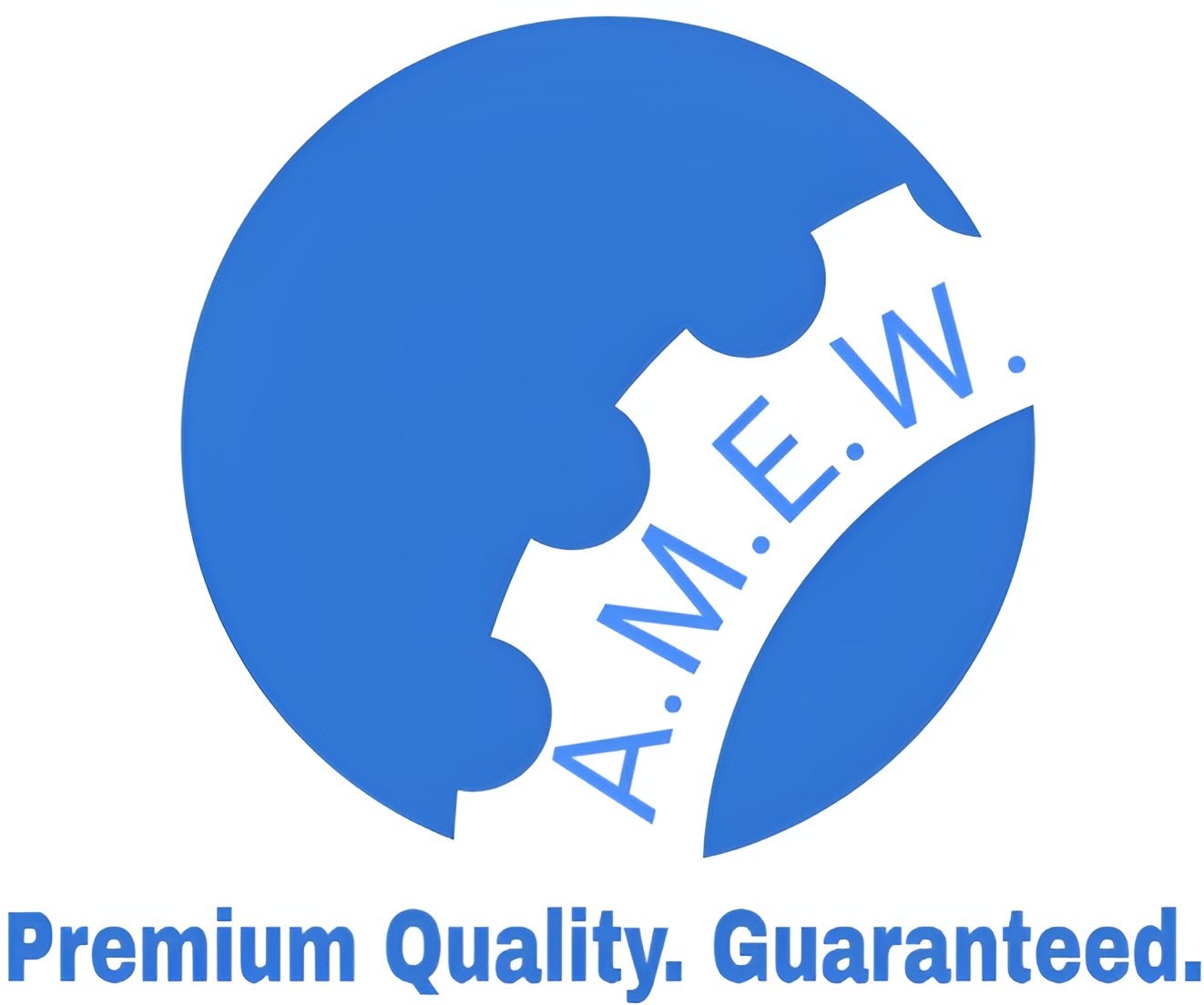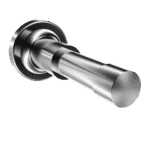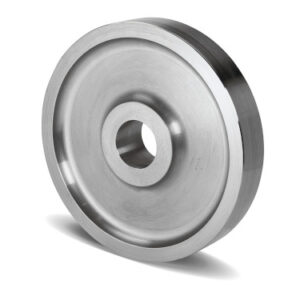Description
Forged Shafts & Stepped Shafts
Forged shafts and stepped shafts are critical components used in many industrial applications due to their superior strength, durability, and resistance to stress. The forging process aligns the grain structure of the metal, producing high-performance parts capable of withstanding extreme conditions. This comprehensive guide explains the forging process, applications, and material grades for forged shafts and stepped shafts, optimized for SEO.
What Are Forged Shafts?
Forged shafts are long, cylindrical components created through a process that applies compressive forces to shape metal while improving its mechanical properties. These shafts are used in machinery, engines, turbines, and other systems where high strength, durability, and precision are required. Forging improves the toughness and resistance of the material, making it ideal for heavy-duty applications.
Applications of Forged Shafts:
- Power Generation: Used in turbines, generators, and power transmission systems for their ability to handle high mechanical stress and rotational forces.
- Marine Industry: Marine shafts are forged to withstand high pressure, corrosion, and load variations in ship propulsion systems.
- Aerospace Industry: Forged shafts are used in aircraft engines, landing gear mechanisms, and other aerospace components requiring high strength and light weight.
- Automotive Industry: Drive shafts, axles, and transmission shafts in heavy-duty vehicles are forged for superior durability and resistance to fatigue.
- Mining & Construction: Shafts used in excavators, drilling machines, and cranes require the toughness and wear resistance that forged components provide.
Key Benefits:
- Increased Strength: Forging aligns the grain flow of the metal, enhancing its tensile strength and fatigue resistance.
- Durability: Forged shafts offer higher resistance to impact, wear, and stress compared to machined or cast shafts.
- Precision Engineering: Forged shafts can be produced with tight tolerances, making them suitable for high-precision applications.
What Are Forged Stepped Shafts?
Forged stepped shafts are a type of shaft with varying diameters or sections, providing unique functionality in applications that require different load capacities along the shaft’s length. These stepped sections are designed for specific mechanical properties, enabling a tailored performance in various industrial systems.
Applications of Forged Stepped Shafts:
- Transmission Systems: Stepped shafts are used in gearboxes and transmission systems to handle different loads at each stage of power transmission.
- Turbines: Stepped shafts are utilized in gas and steam turbines, where sections experience different rotational speeds and stresses.
- Automotive & Heavy Machinery: Stepped shafts are ideal for drive systems where varying load distribution is required, such as in engines or axles.
- Pumps & Compressors: Forged stepped shafts are used in pumps and compressors to handle varying pressures and rotational speeds effectively.
Key Benefits:
- Customized Performance: Stepped shafts allow for the design of specific sections to handle different stress loads, improving overall performance.
- Load Distribution: The varying diameters help distribute loads more evenly across the shaft, reducing the risk of fatigue or failure.
- Precision Forging: Like standard shafts, stepped shafts benefit from the precision and enhanced mechanical properties that forging offers.
Material Grades for Forged Shafts & Stepped Shafts
| Material Grade | Description | Key Properties | Applications |
|---|---|---|---|
| Carbon Steel (AISI 1045) | Medium carbon steel offering good strength and toughness | High machinability, moderate hardness, good impact resistance | General-purpose shafts in automotive, power generation, and marine applications |
| Alloy Steel (AISI 4140) | Chromium-molybdenum alloy steel with high tensile strength | Excellent fatigue resistance, toughness, and wear resistance | Heavy-duty shafts in construction, mining, and aerospace industries |
| Stainless Steel (304/316) | Corrosion-resistant steel with excellent mechanical properties | High corrosion resistance, toughness, and durability | Shafts used in corrosive environments, such as marine, chemical processing, and food industries |
| Nickel Alloys (Inconel 625/718) | High-strength, corrosion-resistant nickel-chromium alloys | Superior heat resistance, strength, and corrosion resistance | High-performance shafts in aerospace, power generation, and offshore oil and gas applications |
| Tool Steel (H13/D2) | High-hardness steel for tool and die applications | High hardness, wear resistance, and impact toughness | Shafts used in high-wear environments like die casting and forging industries |
| Titanium Alloys | Lightweight, high-strength material for aerospace and marine | Excellent strength-to-weight ratio, corrosion resistance | Aerospace and marine shafts where weight reduction is critical |
Benefits of Forged Shafts & Stepped Shafts
- Enhanced Mechanical Properties: Forged shafts and stepped shafts benefit from improved tensile strength, fatigue resistance, and overall durability due to the forging process.
- Improved Grain Structure: Forging refines the grain structure of the metal, reducing defects like voids and inclusions that can lead to premature failure.
- Superior Fatigue Resistance: Forged shafts are ideal for applications with high cyclic loads due to their ability to withstand repeated stress without cracking or deforming.
- Cost-Effective: The forging process allows for the production of high-strength shafts with minimal material waste, reducing overall production costs.
- Custom Engineering: Shafts and stepped shafts can be forged to meet specific engineering requirements, including custom sizes, shapes, and material properties.
Conclusion
Forged shafts and stepped shafts are essential components across various industries, offering superior strength, durability, and performance in demanding applications. Whether in power generation, aerospace, marine, or heavy machinery, forged shafts provide the mechanical properties needed to handle extreme stresses and operational conditions. With numerous material grades available, including carbon steel, alloy steel, stainless steel, and high-performance alloys, forged shafts can be tailored to meet the precise needs of any industry. The forging process enhances the mechanical properties of shafts and stepped shafts, ensuring reliable performance and long service life.






